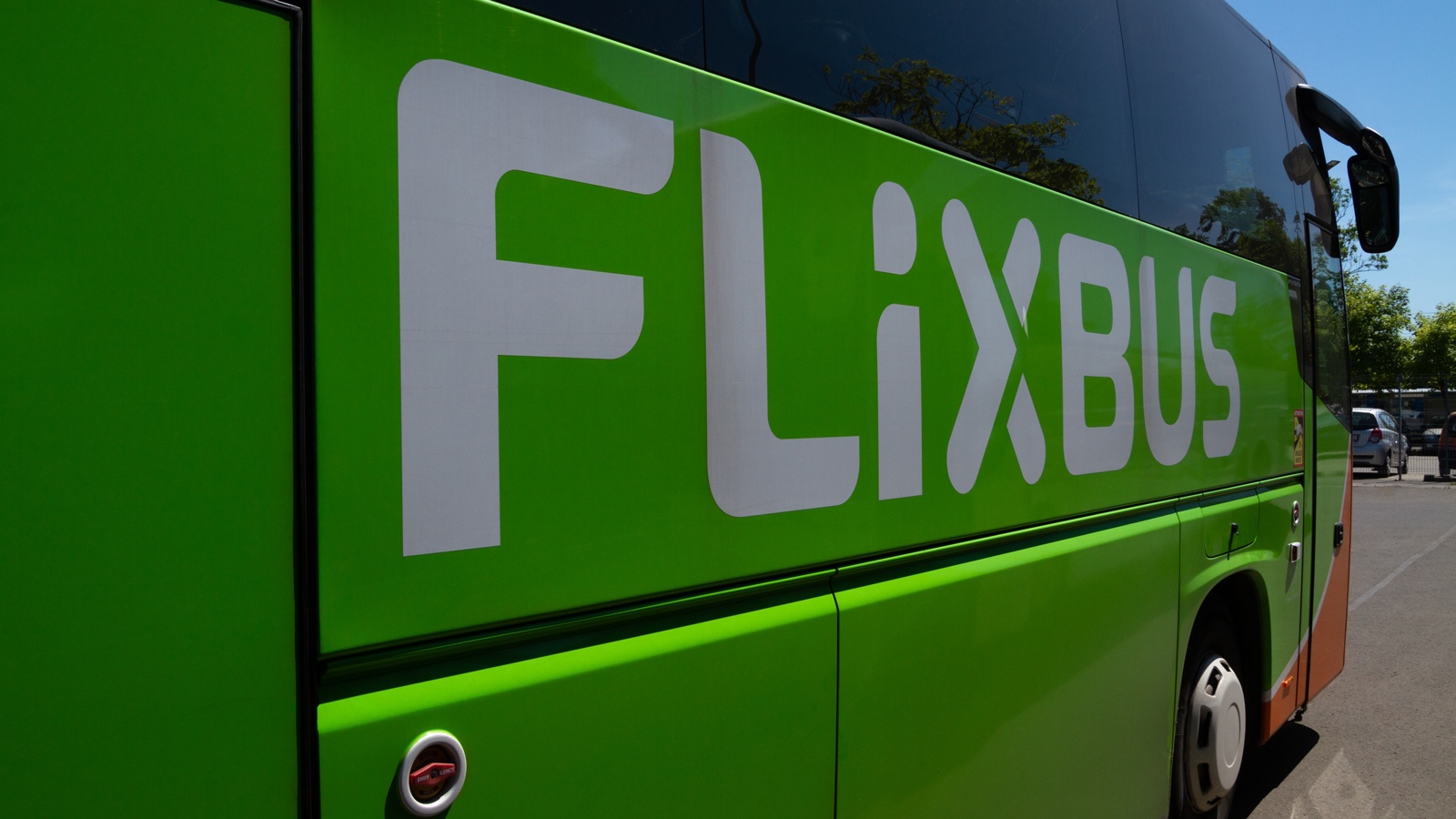
By Jack Loughran Tue 26 Mar 2024 — updated 27 Mar 2024
Collected at : https://eandt.theiet.org/2024/03/26/trial-begins-uks-first-long-distance-coach-route-using-electric-vehicles
The bus operator is trying the new vehicles out on a route between London, Bristol and Newport between March and June this year. It said the vehicle will save 352kg of carbon emissions per day driven on this route compared to the average diesel-fuelled coach. This equals a reduction of more than 21 tonnes of CO2 over the course of the pilot.
The electric vehicle (EV) has a battery rating of 282kWh, and will be charged using “ultra-fast state-of-the-art chargers” at a Transport UK London Bus depot in Battersea in London and Newport Transport’s headquarters in South Wales.
Ember Bus had previously launched a similar service in Scotland in 2020 operating a 60-mile route between Dundee and Edinburgh without the need to charge mid-journey.
FlixBus UK managing director Andreas Schorling said: “This is a huge step forward for the UK coach sector, transforming the already low-carbon mode of transport to zero-emission at the tailpipe through innovative technology.
“As the first electric long-distance coach service in England and Wales, we’re sending a powerful message about our continued commitment to bring even more sustainable travel options for the public, and our determination to drive forward the change needed to reduce the impact on the climate.”
If the pilot were to run daily for a full year, this would equate to over 126 tonnes of CO2 saved and remove as many as 17,950 car journeys from the road, it said.
Parent company Flix, which operates in 43 countries across four continents, has piloted EVs in several markets and has a stated aim to achieve carbon neutrality throughout Europe by 2040.
“Coach travel is already a fantastic option because it’s comfortable, sustainable and more affordable than other forms of transport. However, this pilot project sets us apart and we’re really proud to be leading the way on vehicle transformation,” Schorling added.
Last week, the government announced a £143m fund to roll out almost a thousand new electric buses in rural areas across the country.
Research from last year showed that careful planning of EV charging stations could lessen or eliminate the need for new power plants during the broad shift away from internal combustion engine (ICE) vehicles.

Leave a Reply